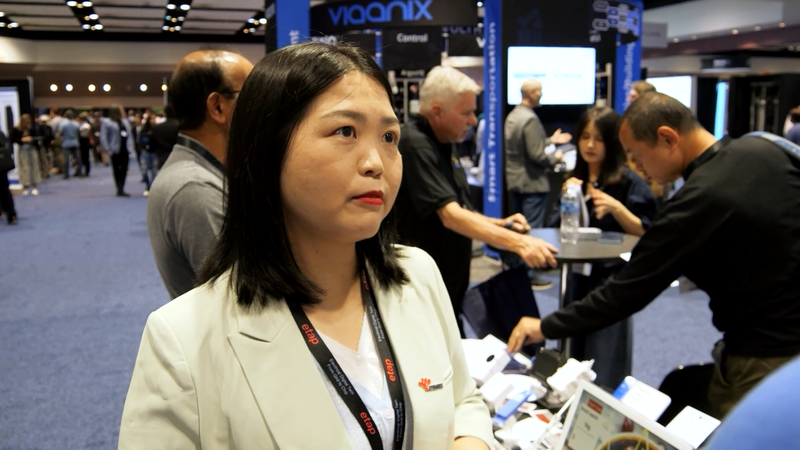Economic officials from the Chinese mainland and the U.S. have convened in Stockholm this week, marking a pivotal moment in global tech trade diplomacy. As discussions gear up, markets are focused on proposed changes to tariffs on semiconductors, hardware and software exports.
In Silicon Valley, both startups and industry giants are tracking the talks. Even modest tariff adjustments could raise production costs, slow down supply chains and force companies to rethink pricing models. For emerging firms, uncertainty around duties complicates fundraising and growth plans.
The negotiations reflect a delicate balancing act: the U.S. is safeguarding strategic technologies, while the Chinese mainland seeks fair market access. Observers note that breakthroughs here could pave the way for joint research, cross-border manufacturing partnerships and a more predictable trading environment.
Beyond balance sheets, these talks underscore technology’s role as a geopolitical flashpoint. With chipmakers, cloud services and hardware specialists all vying for advantage, outcomes in Stockholm will reverberate across R&D labs and boardrooms worldwide.
Industry insiders advise tech leaders to prepare for multiple scenarios. Diversifying supply chains, engaging with policymakers and building financial buffers can help businesses weather changes. As officials continue discussions, the world’s tech community is bracing for decisions that could redefine global innovation landscapes.
Reference(s):
cgtn.com



